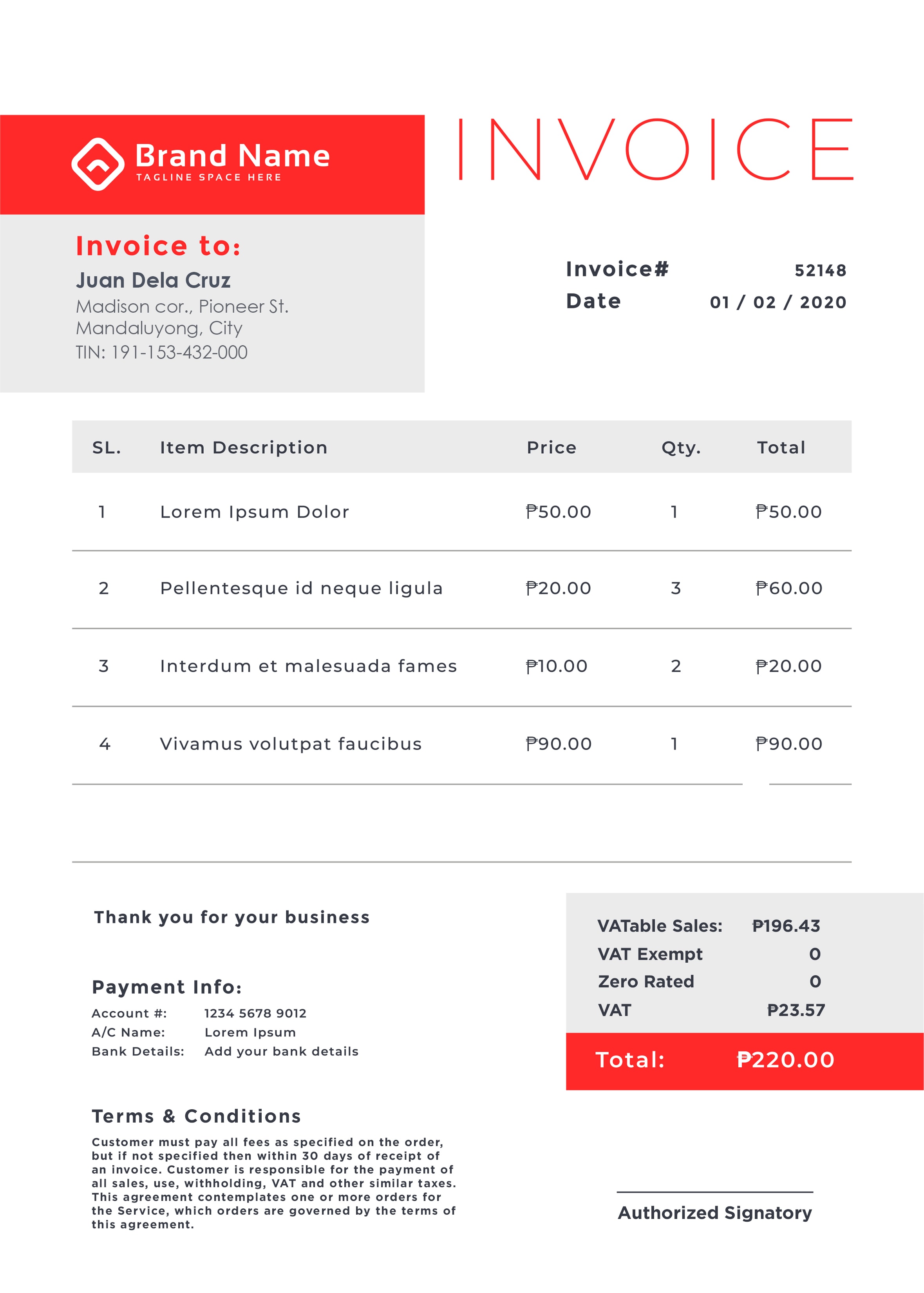
EINVOICE SYSTEM HOW TO
Refer KBA 2872365 – GST IN: How to configure eInvoice (Invoice Reference Number (IRN)) Refer KBA 2894627 – GST IN: E-invoice Frequently Asked Questions (FAQ’s)

There are no pre-requisites required if GST solution pre-requisites are met (like minimum support package, refer the note 1175384 for the same).
EINVOICE SYSTEM MANUAL
Refer to the eInvoice master note 2872365 – GST IN: How to configure eInvoice (Invoice Reference Number (IRN)) for the manual process. Implement all the latest notes as mentioned in the guide as this will keep the system consistent and avoid errors. SAP delivered notes can be referred to, in the implementation guide (SAP_Document_Compliance_e-Invoicing_for_India_Implementation_Guide.pdf) attached to the eInvoice master note 2884058 for the automated process. The preparation of a standardized format (JSON request file) needs to be generated offline by the customer. SAP manual process will read the response file and store the information of IRN, QR code & digital signature in the standard table and it will link the original invoice with IRN along with the current status in the table.

Refer to the attached document in KBA 2894627 for more details on the business process, licensing, mandatory parameters, etc. In the automated process, the preparation of standardized format is done by SAP. Integration of SAP e-Invoice and e-Way Bill solution This will enable taxpayers to upload the payload from the backend SAP system to the eInvoicing (IRN) portal, generate the Invoice Reference Number and link the Invoice Reference Number (IRN) with the billing document in the backend system. This is a licensed solution developed by SAP which will provide direct integration between the SAP ECC or SAP S/4HANA On-Prem systems or S/4HANA Cloud and the eInvoicing (IRN) via certified GSPs using the SAP Cloud Integration Platform. There are two sets of solutions released from SAP for eInvoicing:ĭirect integration to eInvoicing (IRN) system via GSP. SAP proposes to introduce an e-Invoice solution to enable customers to comply with the new e-Invoice mandate. Important topics to consider while implementing Automated e-Invoicing solution.The GST Council of India has approved the introduction of ‘E-invoicing’ or ‘electronic invoicing’ in a phased manner for reporting of business to business (B2B) invoices to Invoice Registration Portal (IRP) System. E-Invoice is mandatory from for GST India taxpayers having turnover more than 500 crores in the financial year 2019-2020.


 0 kommentar(er)
0 kommentar(er)
